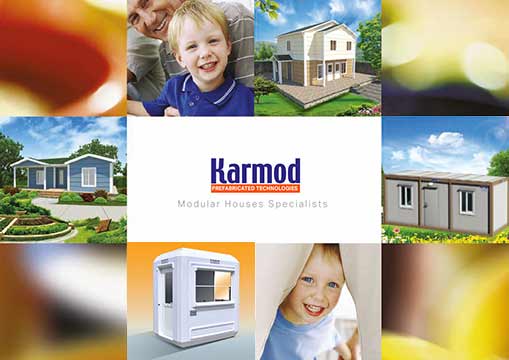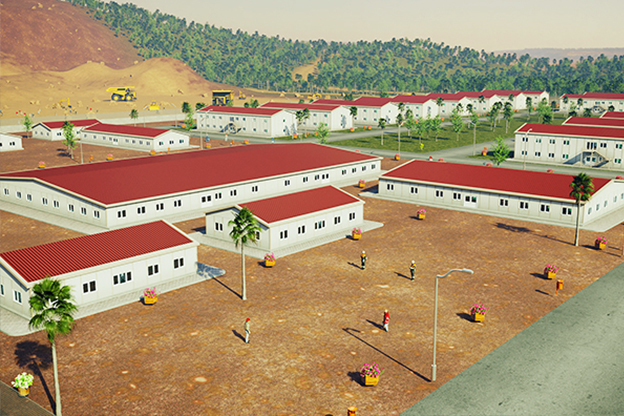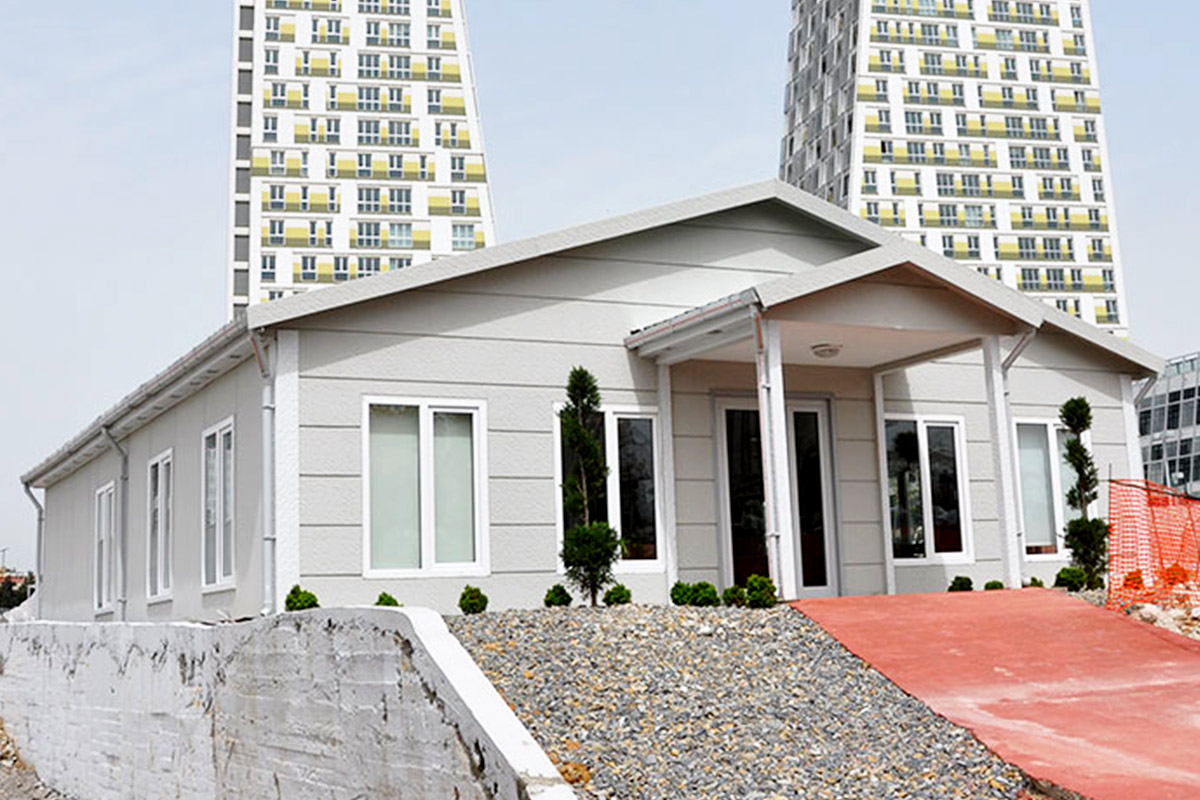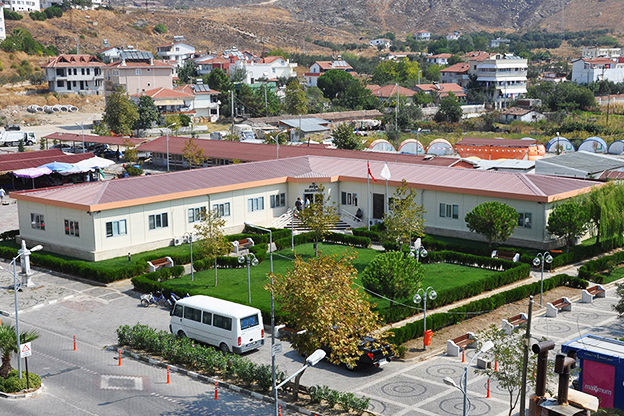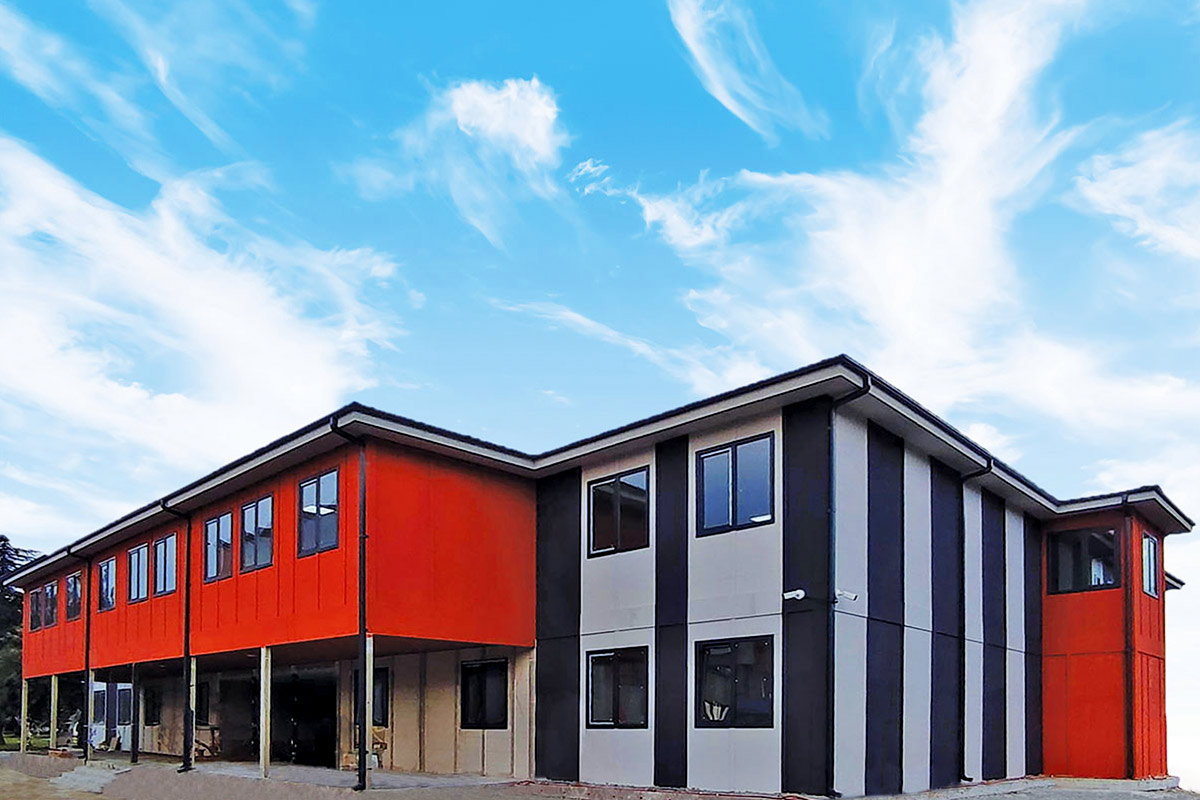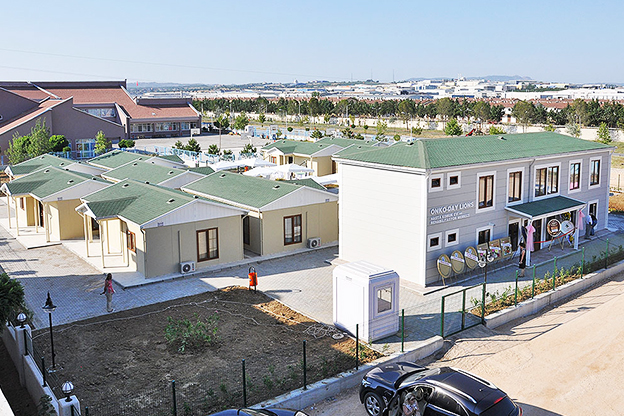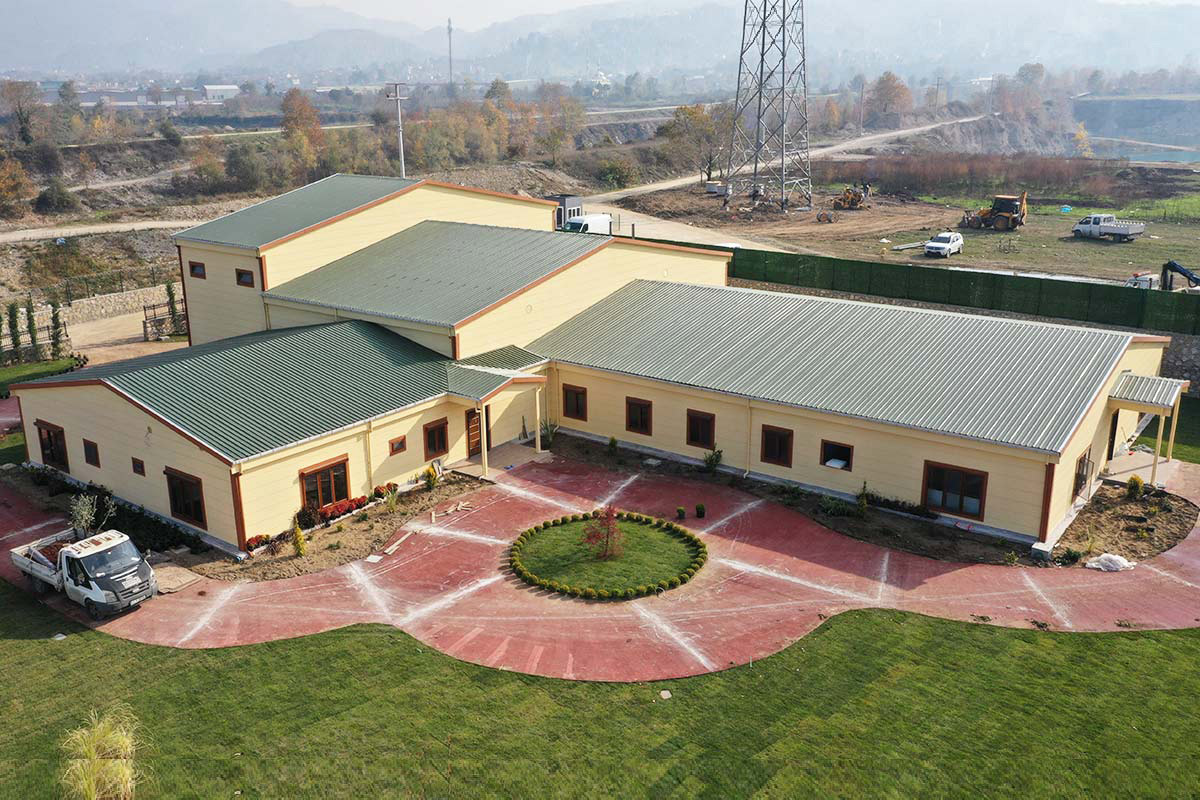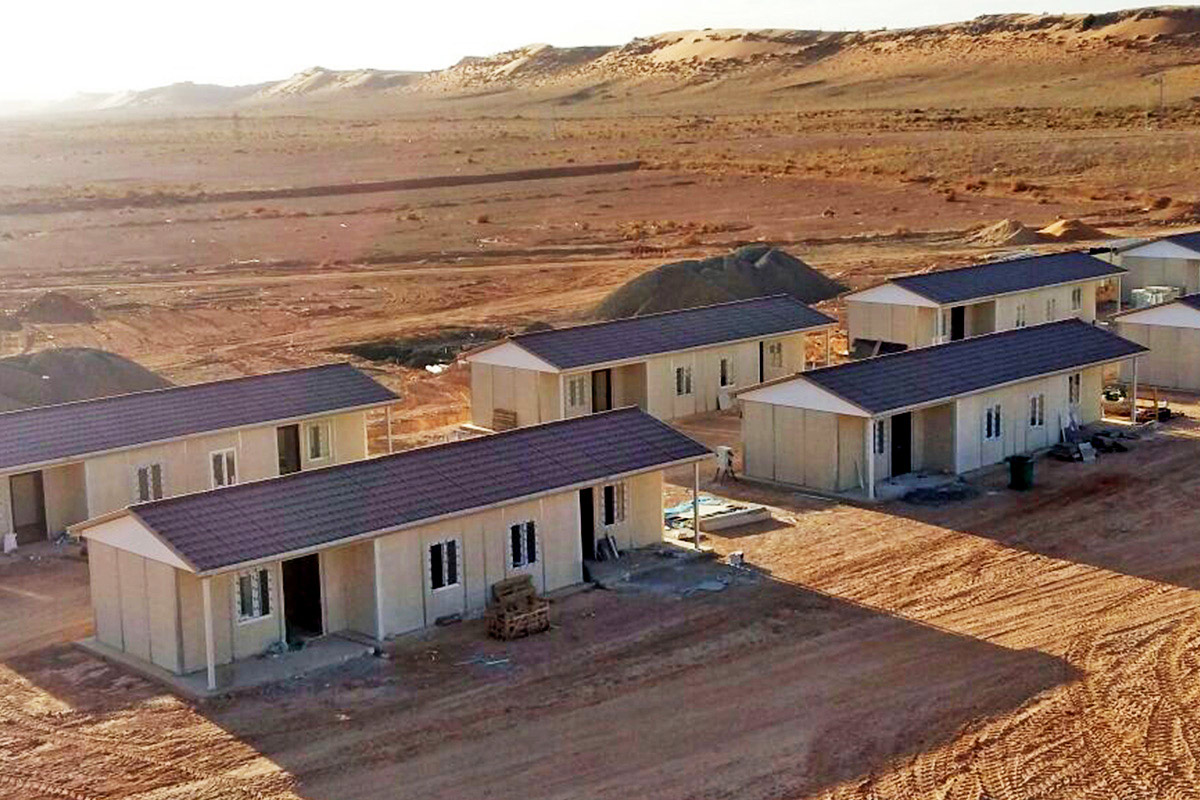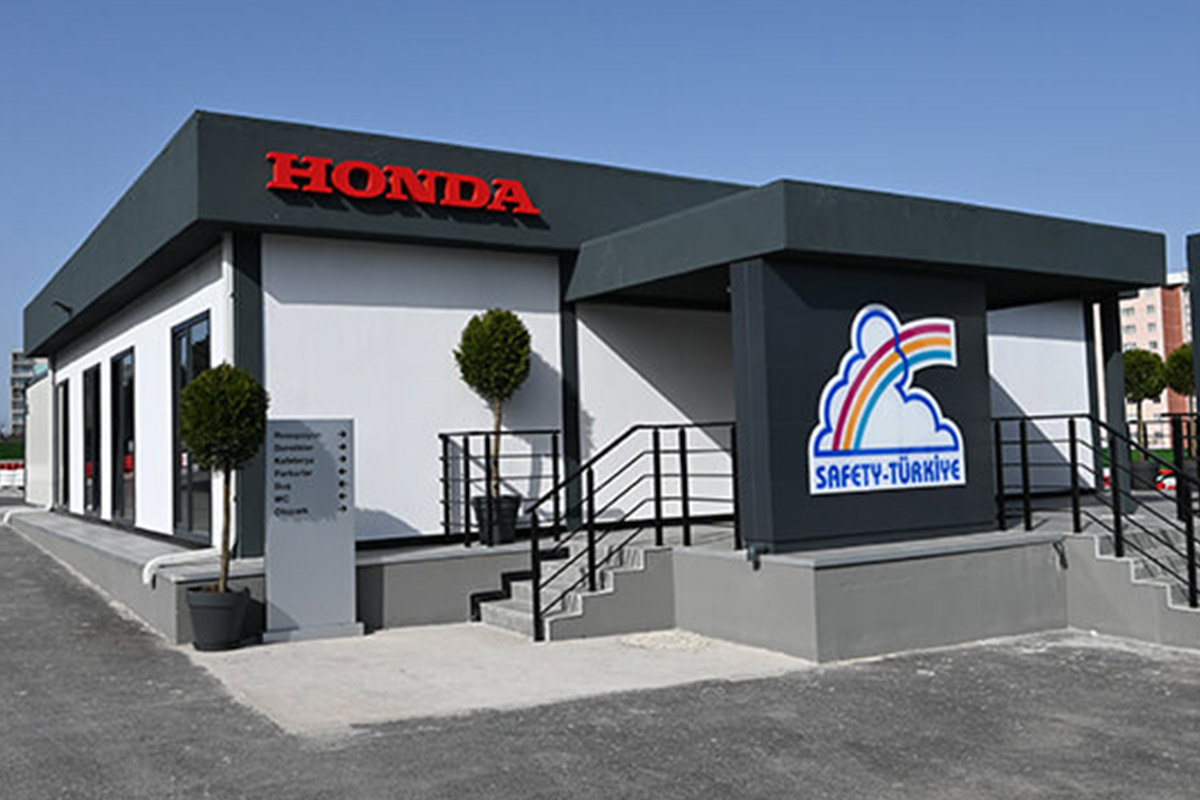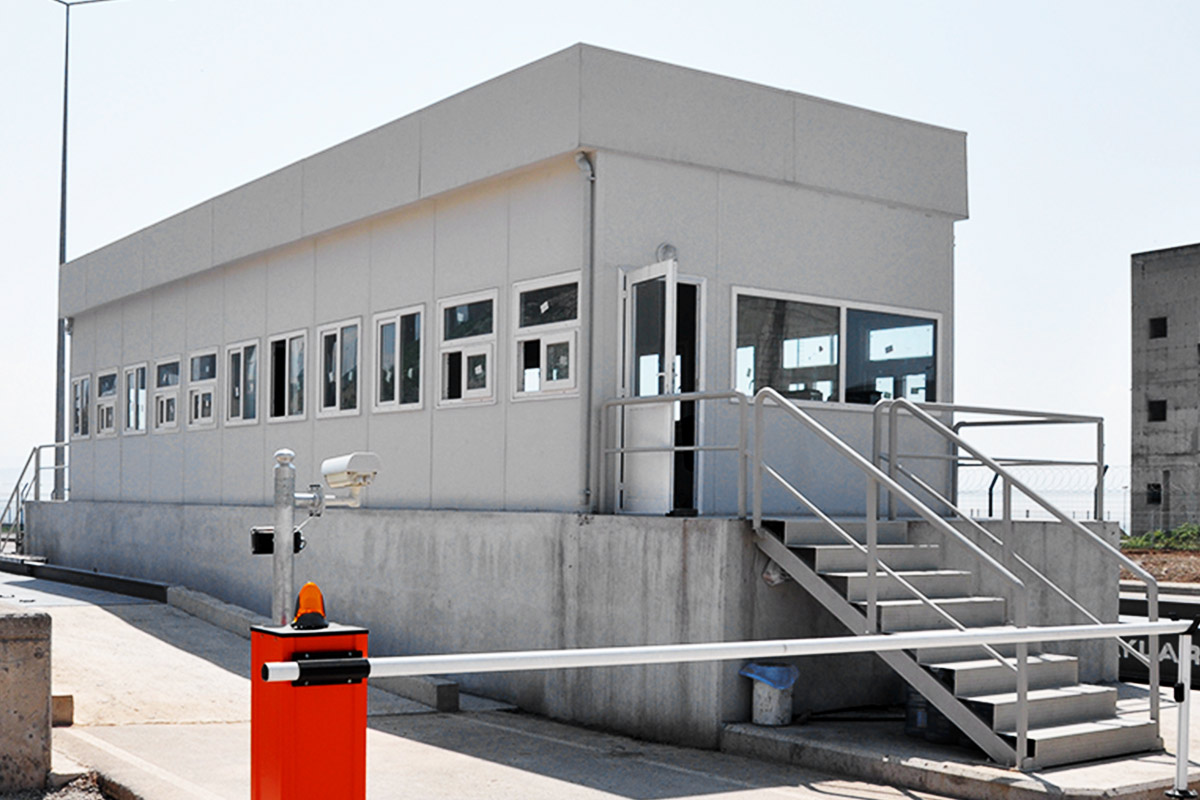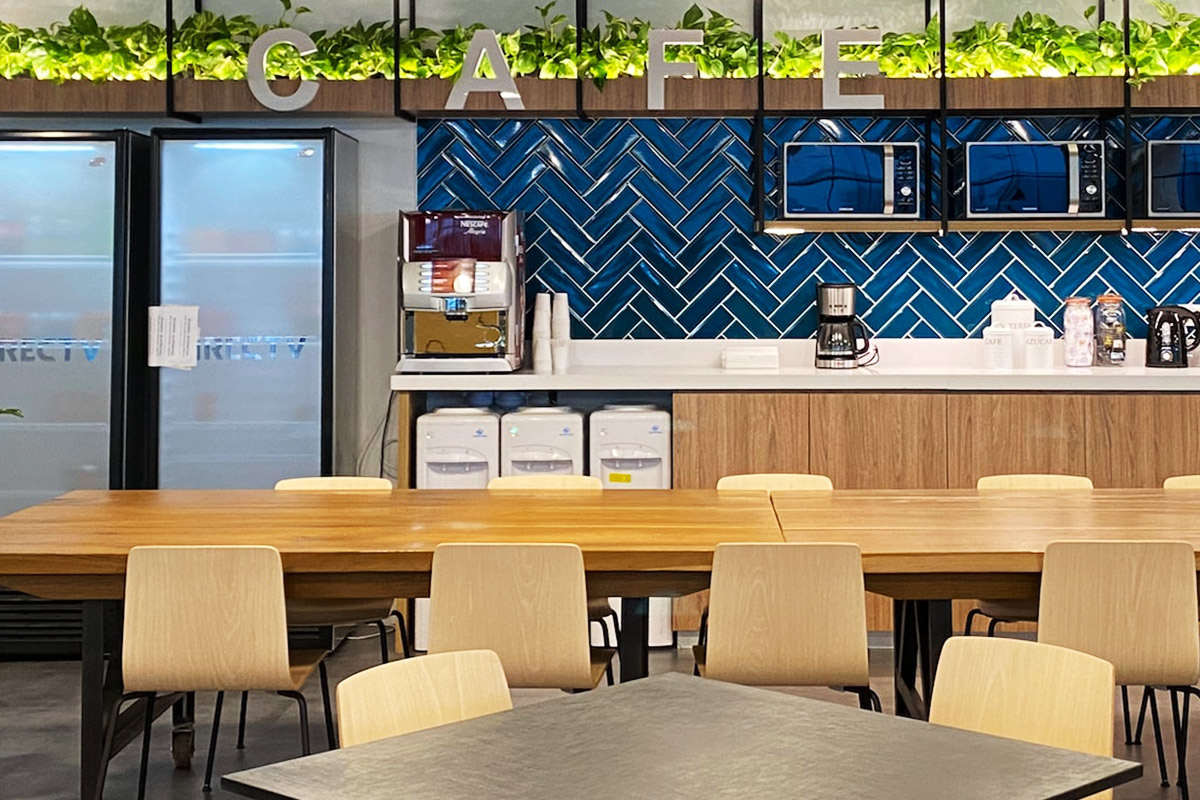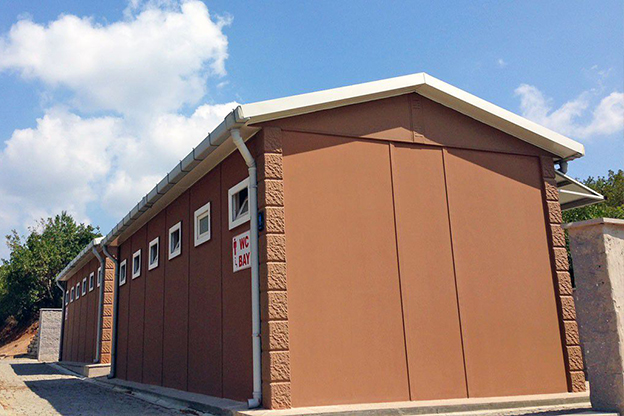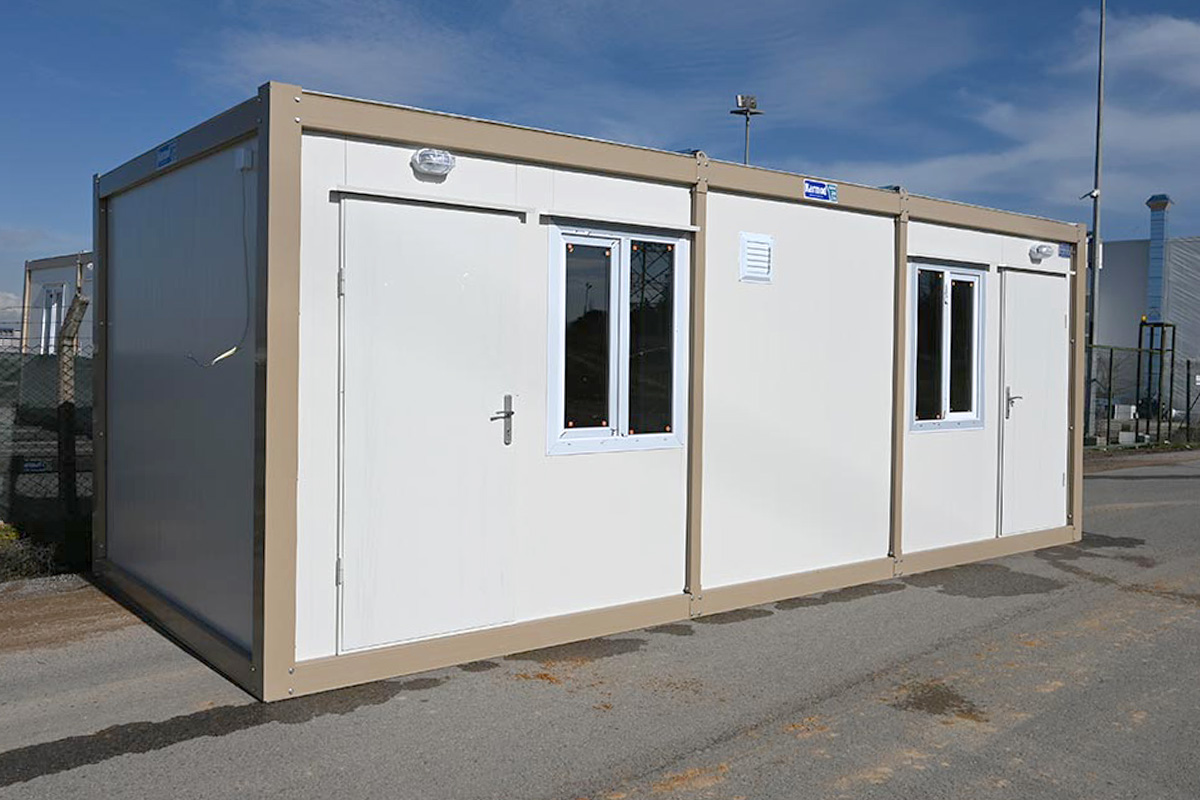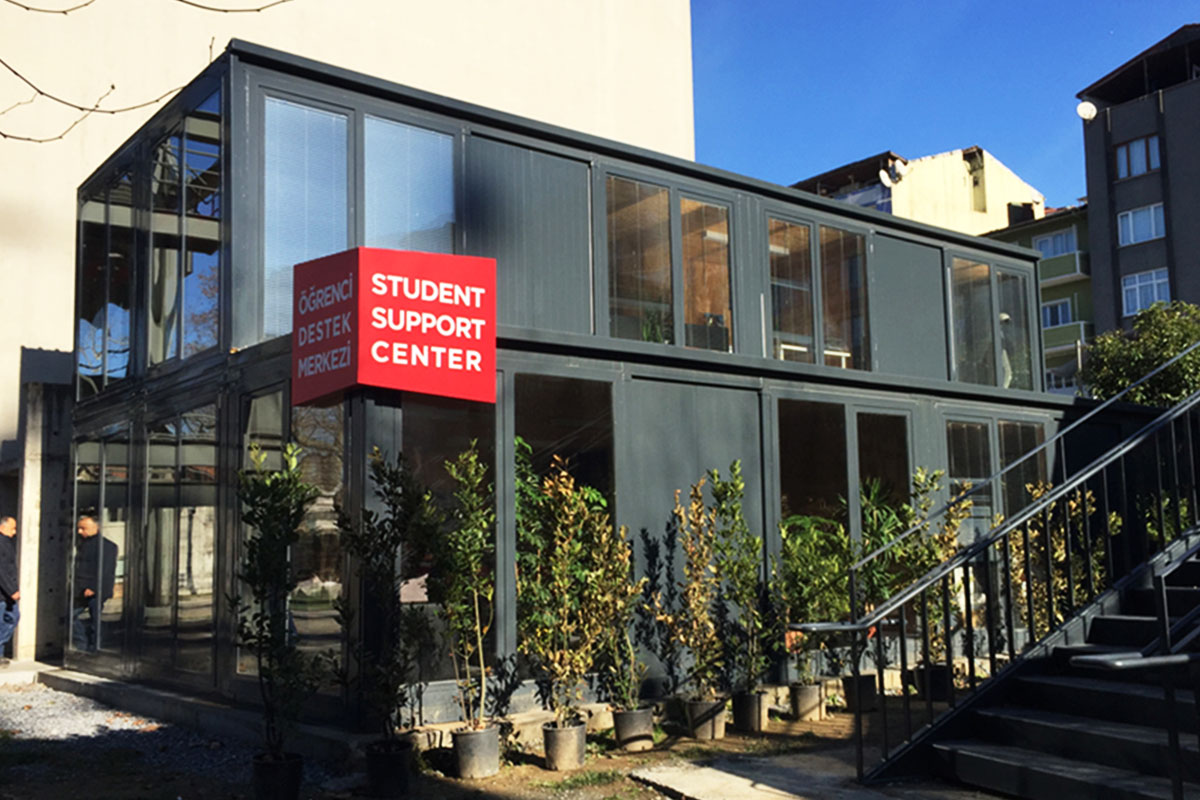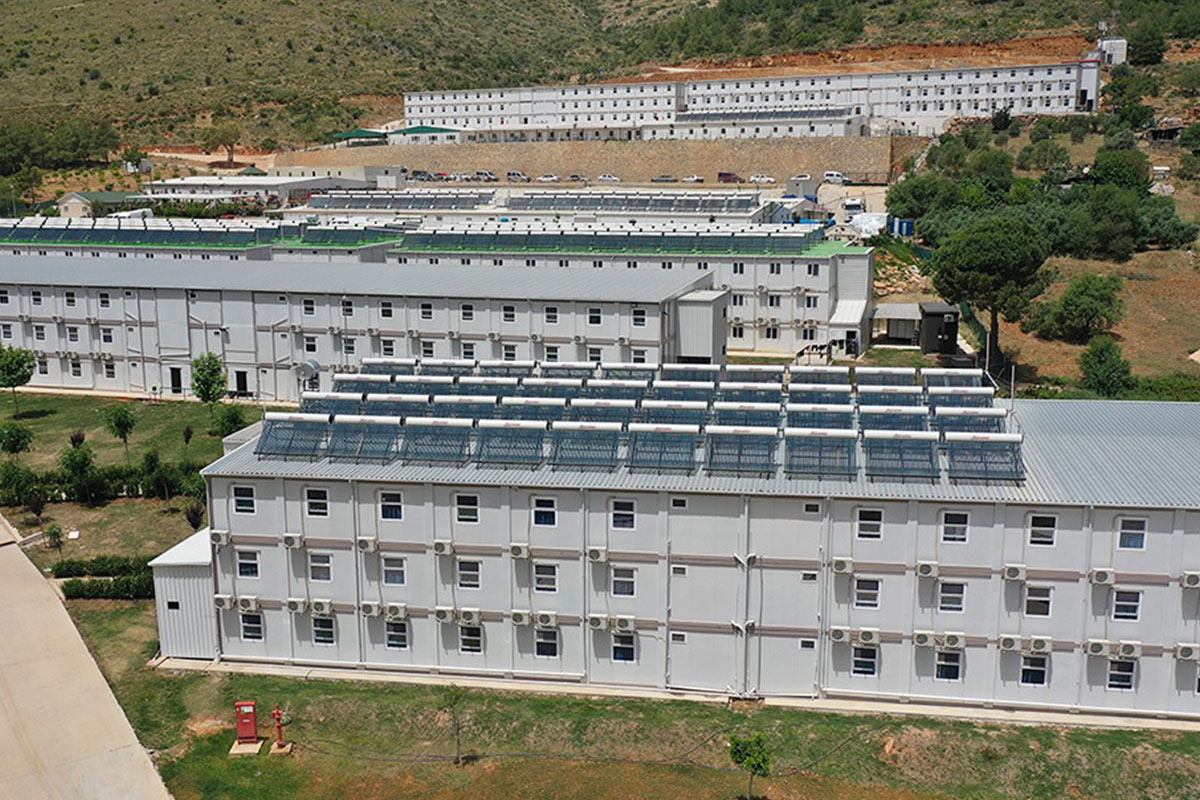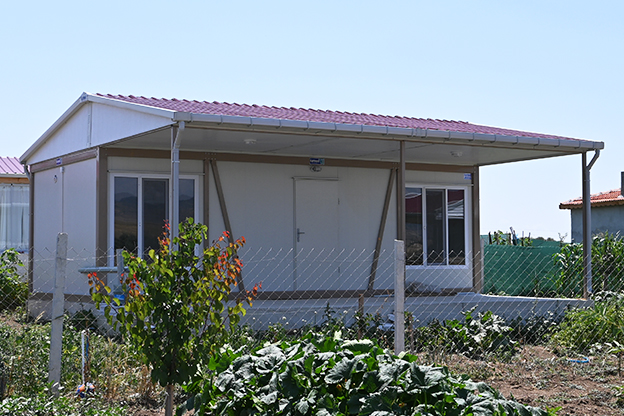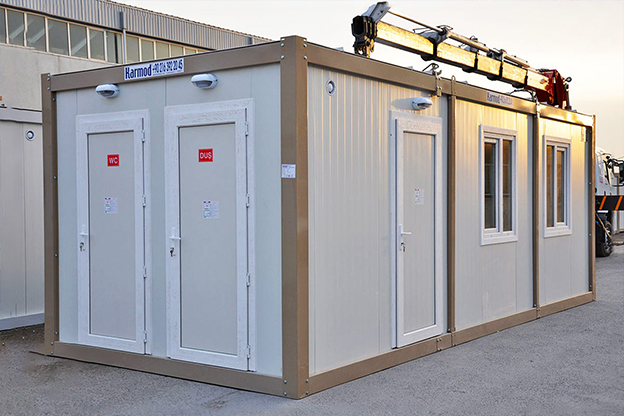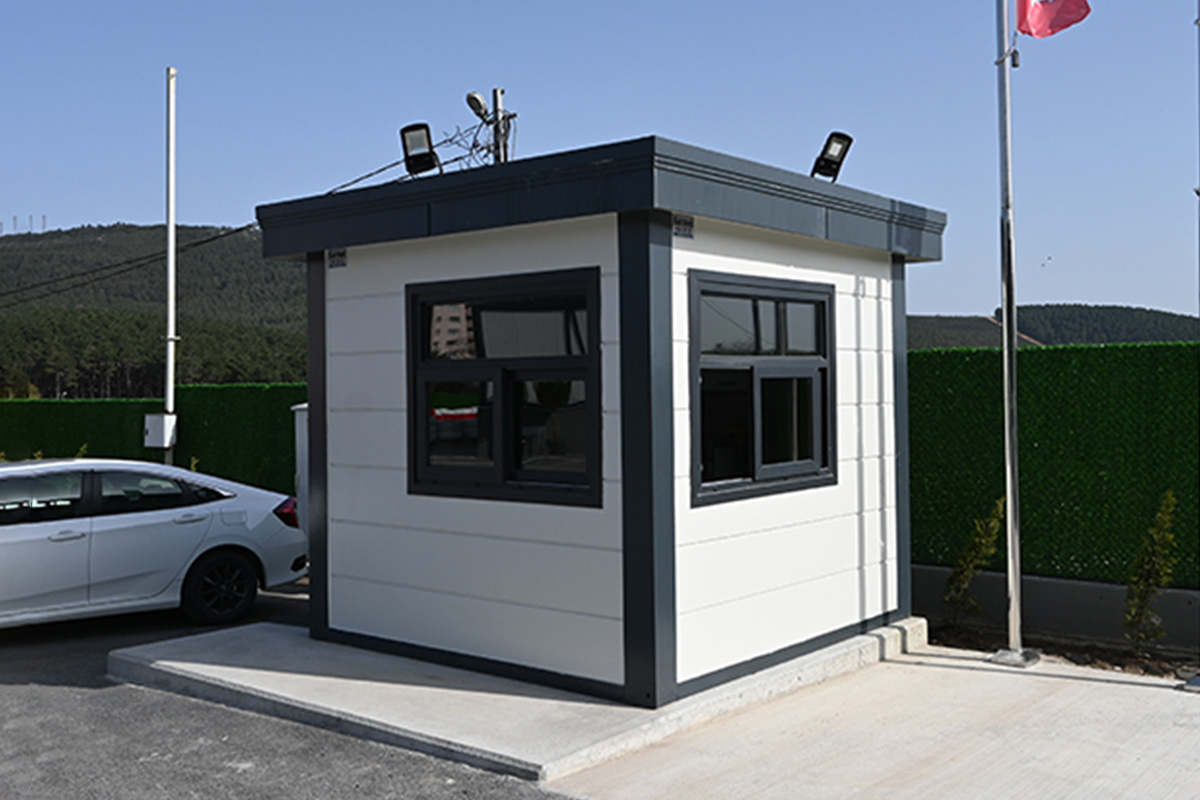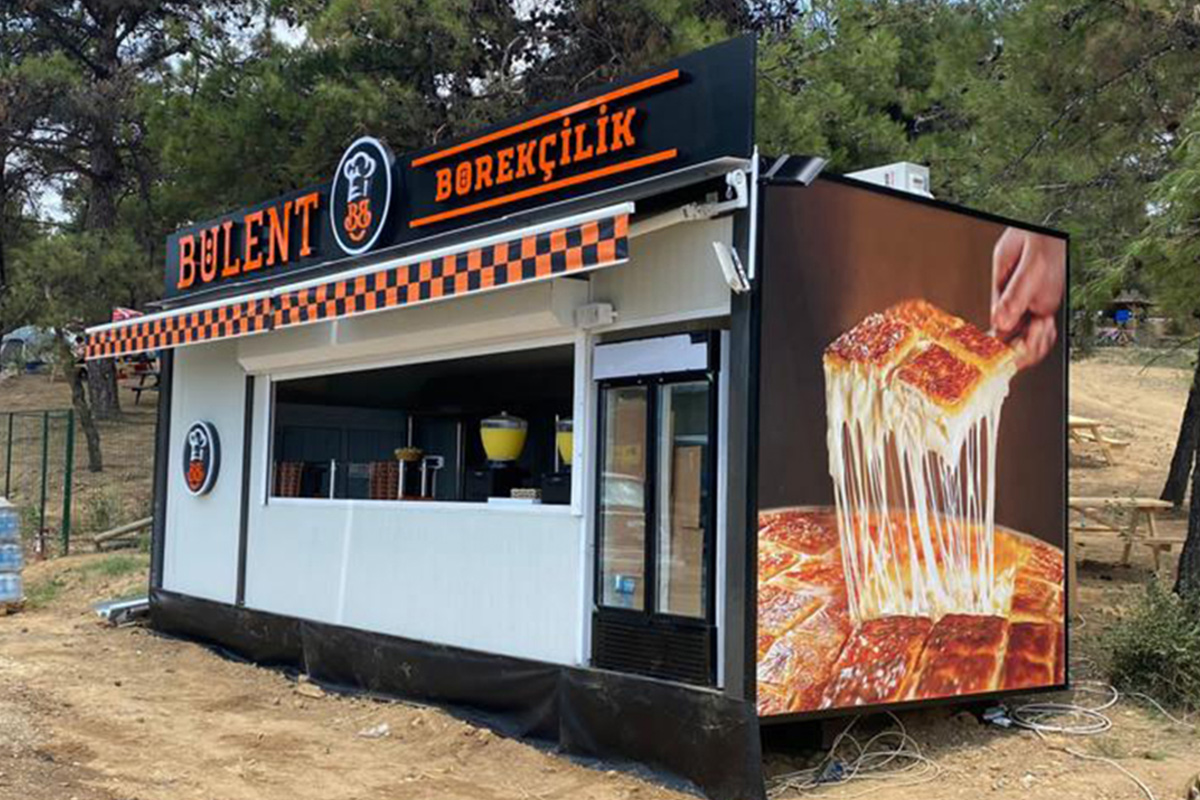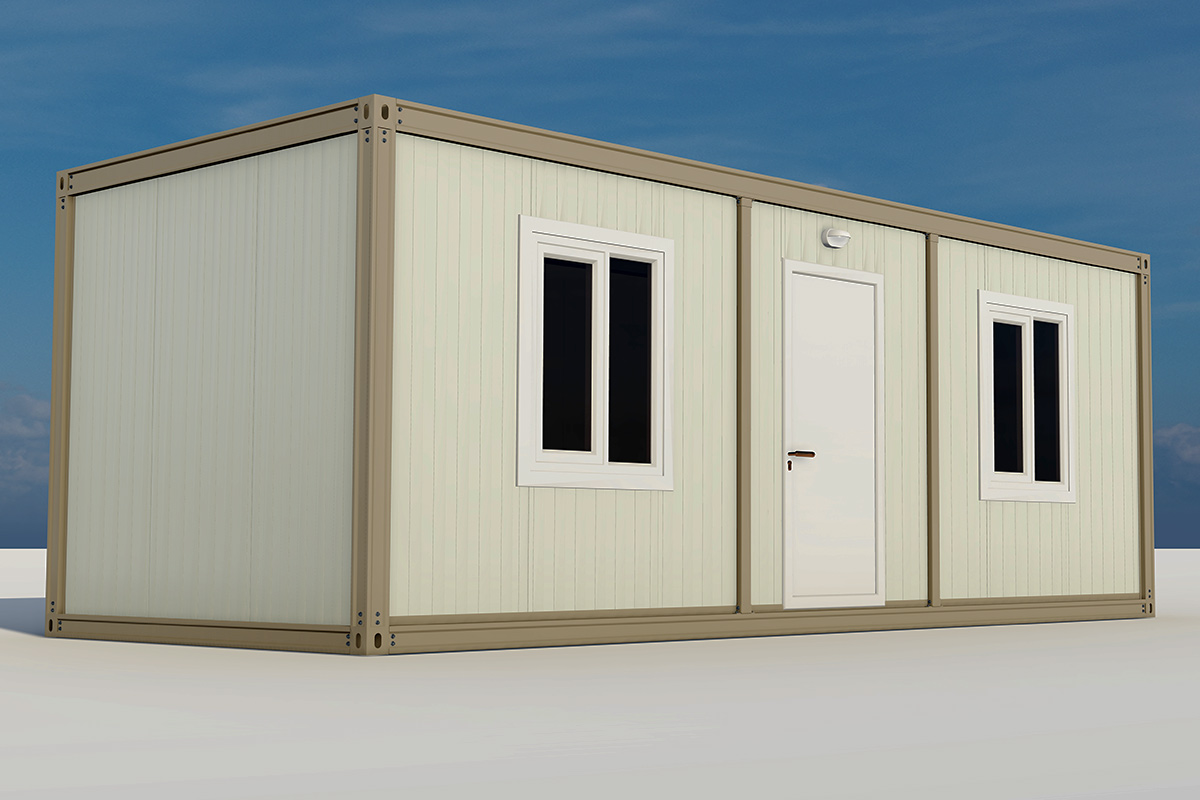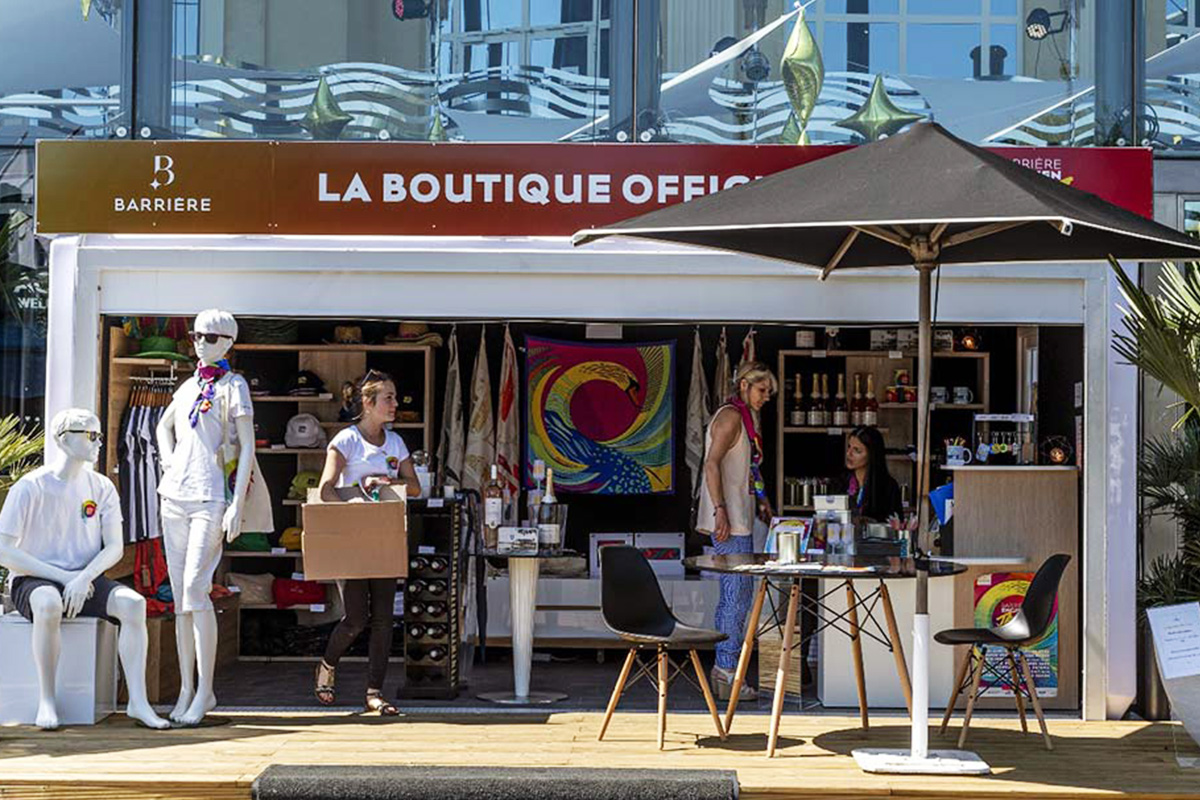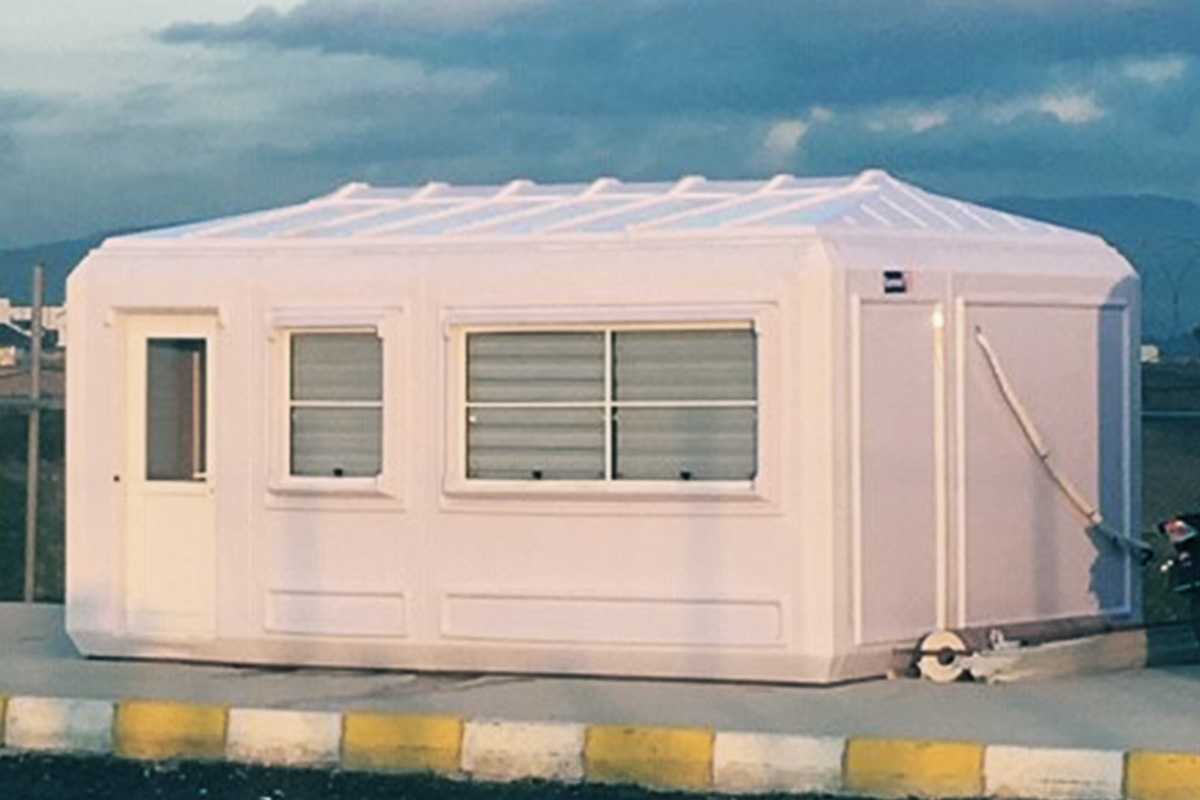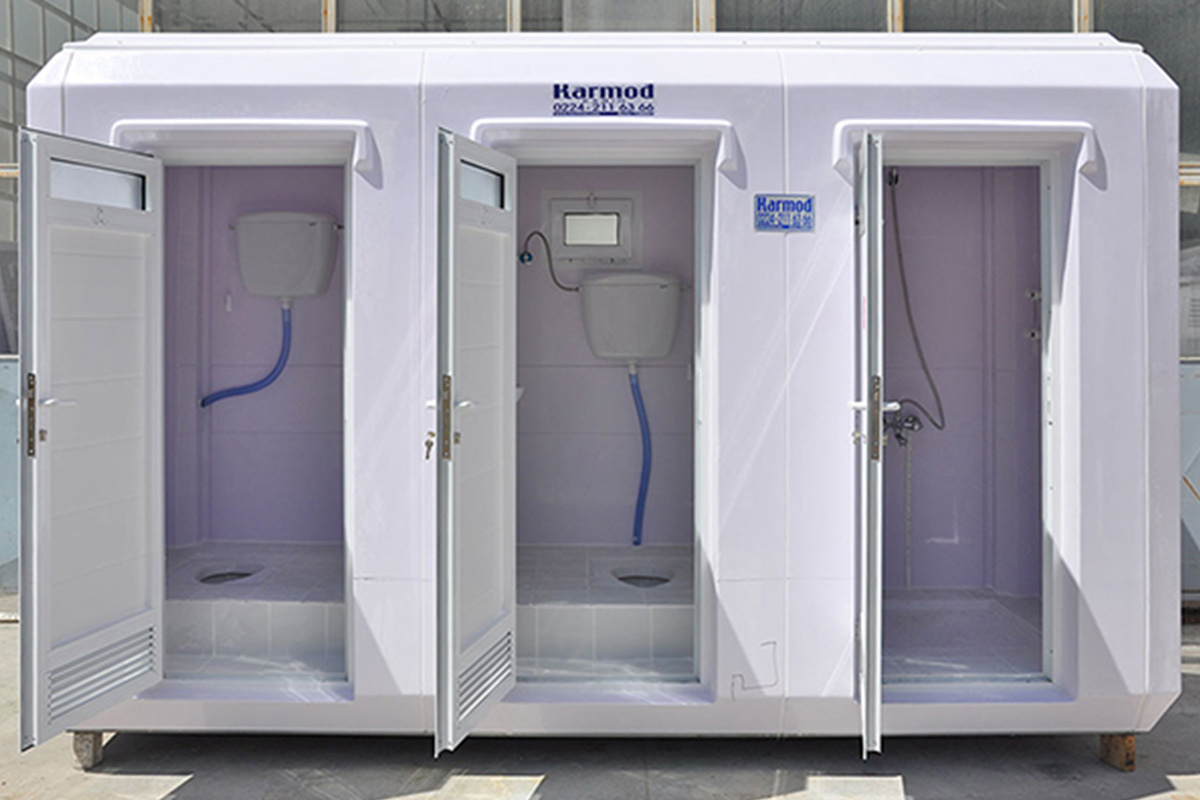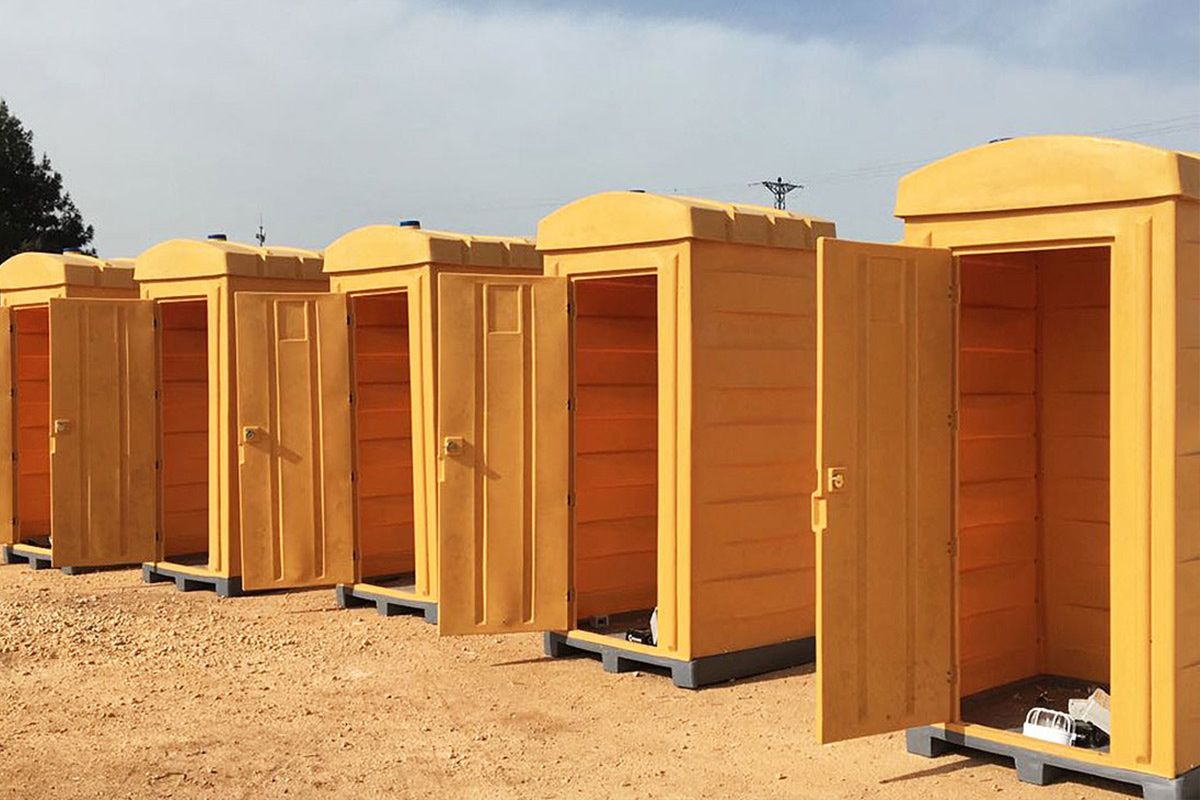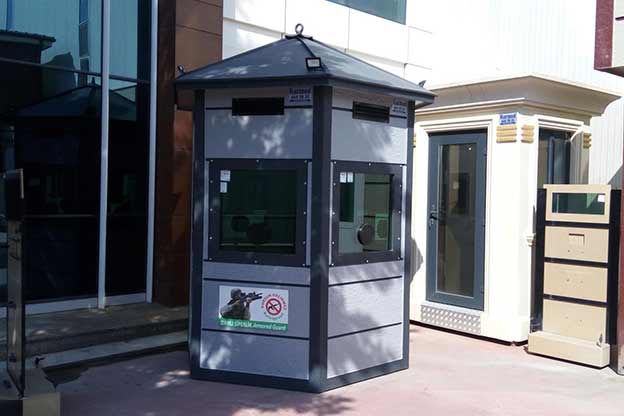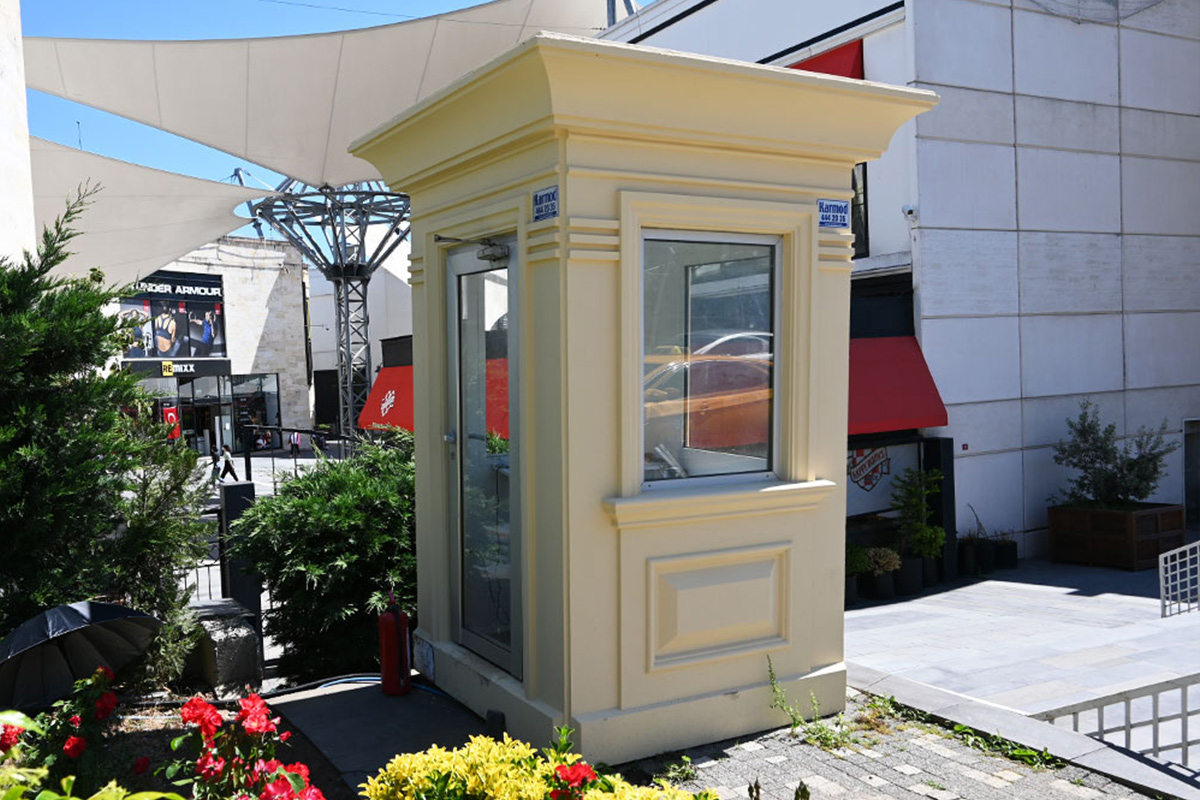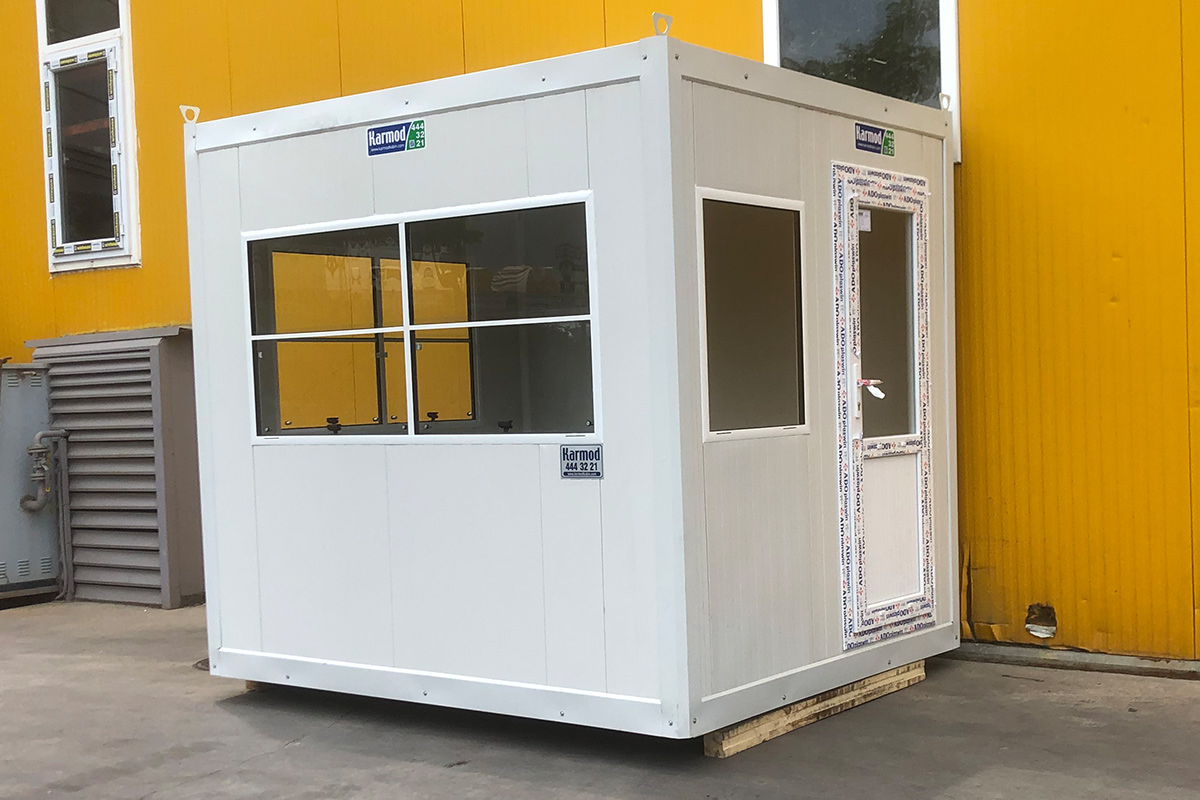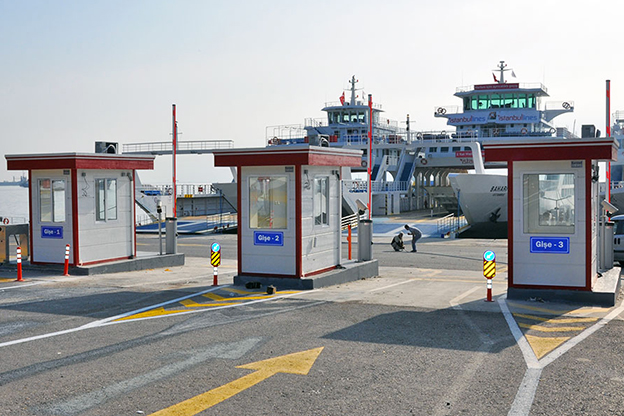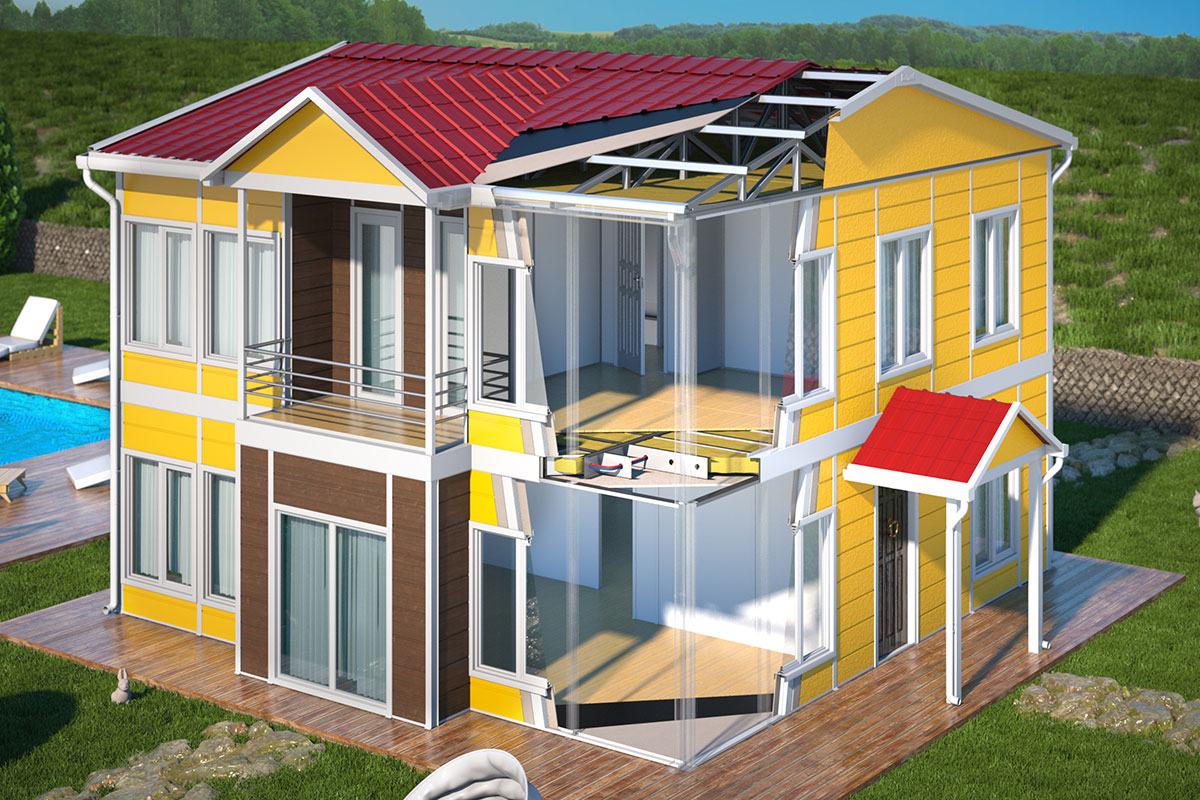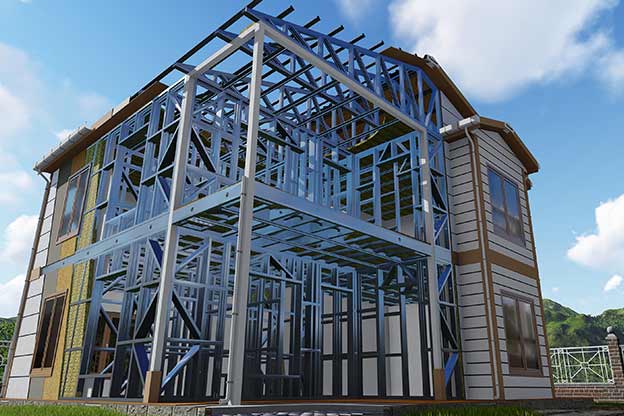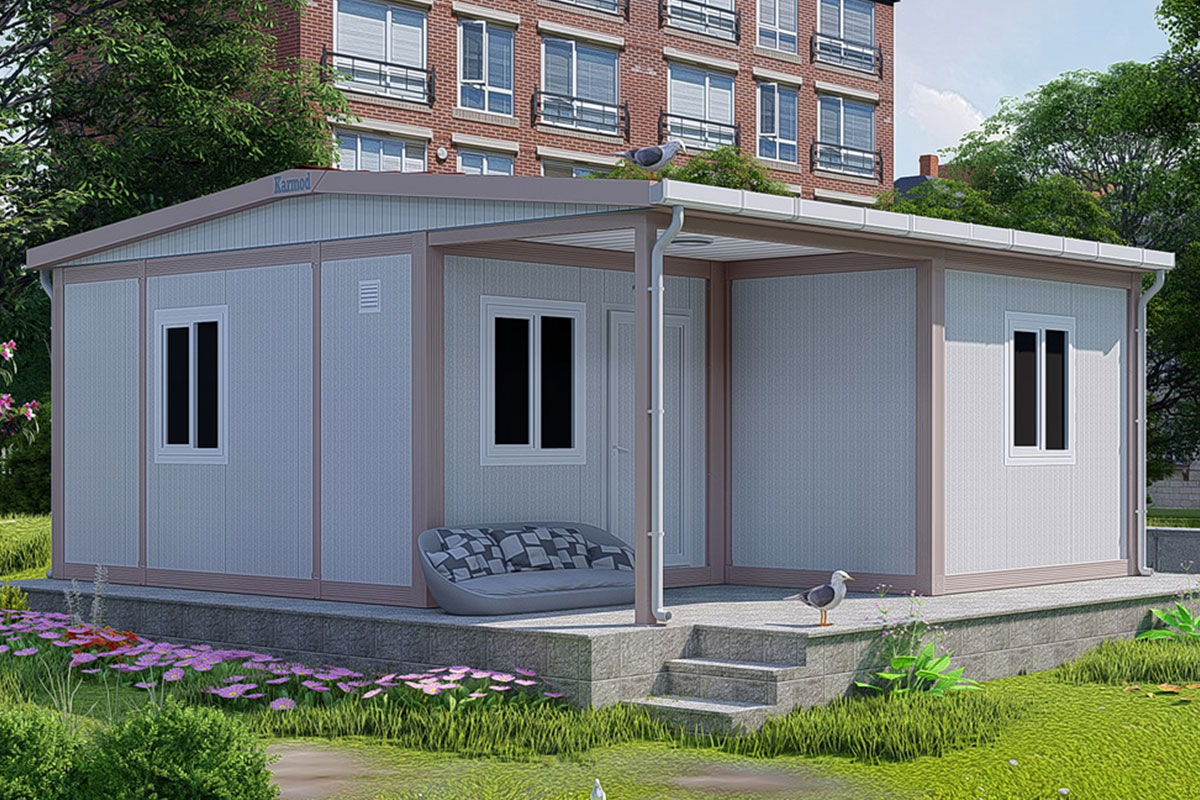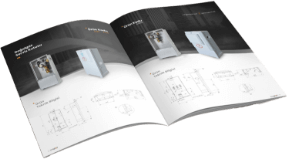Modular Church Building Prices
In the evolving world of construction, modular buildings have emerged as a groundbreaking solution. Religious institutions, including churches, are now tapping into this innovative approach to cater to their congregation's needs. The beauty of modular structures lies in their cost-effectiveness, efficiency, and adaptability, making them an attractive option for church constructions.
Given the economic constraints many communities face, modular church building prices offer a budget-friendly alternative. This cost advantage doesn't mean a compromise on quality. In fact, with prefab buildings, the manufacturing takes place in controlled environments, ensuring uniform quality, reduced waste, and a faster completion timeline. This efficiency in construction not only curtails costs but also ensures congregations can utilize their new spaces without lengthy wait times. For those considering a balance between affordability, quality, and speed, modular church buildings are a viable and sensible choice.
Modular Church Building Design
- In recent times, the design principles for religious facilities have evolved considerably. One of the groundbreaking shifts has been the adoption of modular church design principles. Traditional church structures, while majestic, can be time-consuming and expensive to build. The rise of prefabricated modular church buildings offers a fresh perspective, blending modern aesthetics with functionality.
- Prefab church buildings focus on space optimization, allowing congregations to make the most of the available area. The designs can vary from intricate and classic to minimalist and modern, catering to different denominational requirements. An increasing number of religious groups are even exploring prefab metal church buildings, which combine strength with style. Furthermore, steel church building designs are proving popular for their durability and reduced maintenance needs.
Modular Church Building Inside
- The interiors of modular churches are as diverse as their exteriors. Contrary to some beliefs, modular doesn't mean monotonous. Inside, you'll find spacious sanctuaries, cozy prayer rooms, and functional community areas, all designed with precision and care. Prefab church buildings prices often include custom interior solutions, ensuring that the inside resonates with the ethos of the congregation.
- One common feature among modular church buildings is their adaptability. Whether it's a temporary church structure being used during renovations or a permanent solution, modular interiors can be redesigned with ease. From modern church buildings with contemporary art installations to more traditional setups with classic stained glass, modular offers flexibility like no other.
Modular Church Building Images
- A quick search online will showcase a plethora of modular church buildings for sale, and one can't help but be captivated by the visual appeal of these structures. Modular church buildings are beautiful, affordable, and stand as a testament to the advancements in modular construction technology.
- Images of prefab chapels nestled in serene environments or urban prefabricated steel church buildings blending seamlessly with cityscapes are becoming increasingly common. The variety ranges from small church buildings perfect for intimate gatherings to expansive manufactured church buildings capable of hosting large congregations. The common thread among them? An unwavering commitment to quality, design, and the community's spiritual needs. Whether it's a modular chapel bathed in natural light or a large sanctuary designed for acoustic perfection, the images of these structures inspire awe and reverence.
Modular Church Building Plans
- Modular church design: One of the most critical aspects of constructing a new religious facility is planning. With modular church buildings, the design phase involves customization and flexibility, ensuring every need is met.
- Cost of modular church buildings: Often more affordable than traditional structures, the cost varies based on size, amenities, and design intricacies. The prefab church buildings prices and modular church buildings prices are generally transparent, allowing congregations to budget effectively.
- Religious facilities: Modular designs can accommodate various religious facilities, from sanctuaries and prayer rooms to community halls and administrative areas.
- Prefabricated modular church buildings: These are pre-designed structures that can be quickly assembled on-site, ensuring minimal disruption to church activities.
- Modular chapel: Smaller in design but no less significant, modular chapels are perfect for intimate gatherings, personal reflections, or smaller congregations.
Modular Church Building Projects
- Modular churches: Over the years, several modular church projects have showcased the potential of this construction method. From urban landscapes to countryside locales, modular churches fit seamlessly.
- Used modular church buildings: Some congregations opt to purchase used modular structures, offering them cost savings and the flexibility to redesign.
- Temporary church structures: For congregations awaiting their permanent space or undergoing renovations, temporary modular buildings serve as an ideal interim solution.
- Portable church buildings: For communities on the move or churches that wish to set up seasonal or event-based spaces, portable church buildings are invaluable.
- Modern church buildings: The modular approach isn't restricted to traditional designs. Many modular church projects reflect contemporary architectural trends, blending tradition with modernity.
Prefab Church Buildings or Steel Church Buildings
- Prefab church buildings vs. steel church buildings for sale: While both offer unique advantages, prefab church buildings often focus on wood-based or mixed-material structures, whereas steel church buildings emphasize durability, maintenance ease, and larger spans without support columns.
- Steel church building designs: These are engineered for strength, allowing for vast open spaces inside without the need for numerous supporting columns—ideal for spacious sanctuaries.
- Prefab metal church buildings: A blend of prefab efficiency with the strength of metal, these structures offer the best of both worlds.
- Manufactured church buildings: Crafted off-site and assembled at the location, manufactured churches ensure quality control and speedy construction.
- Small church buildings to expansive sanctuaries: Whether you're looking at a quaint prefab chapel or a massive cathedral-like space, modular and prefabricated methods have got you covered.
Modular Church Building Advantages
- Cost-Efficient: One of the primary benefits of modular church buildings is the cost. With prefab church buildings prices and modular church buildings prices typically lower than traditional construction, congregations can save significantly.
- Rapid Construction: Modular buildings for churches are often quicker to construct, as prefabricated modular church buildings are made off-site and then assembled on the desired location. This speed ensures religious facilities can be up and running in no time.
- Design Flexibility: Modular church design allows for a wide range of architectural styles, from modern church buildings to more traditional designs. Whether a prefab chapel or a grand cathedral, customization is abundant.
- Sustainability: Many modular churches adopt eco-friendly construction methods. Whether it's prefab metal church buildings or wood, the materials are often sustainable and energy-efficient.
- Relocatable and Temporary Options: For congregations needing a short-term solution, portable church buildings and temporary church structures are available. These can be moved or adjusted based on the church's needs.
Second Hand and Used Modular Church Building Disadvantages
- Wear and Tear: Used modular church buildings might show signs of wear and tear, potentially leading to more maintenance or repairs in the future.
- Limited Customization: While new modular structures can be customized, second-hand ones might not offer the same flexibility in design. Adjusting the existing structure to fit religious facilities' needs can be more challenging.
- Hidden Costs: The initial price of used modular church buildings might seem appealing, but there could be hidden costs. These can range from necessary renovations, adaptations to the modular church design, or updating outdated features.
- Unknown History: Without a detailed history of the building, potential issues like past water damage, structural problems, or subpar materials used might not be immediately apparent.
- Shortened Lifespan: While modular buildings for churches are built to last, purchasing a used one means it's already seen some years of use. This could shorten the time before a replacement or significant repair is needed compared to a new building.




